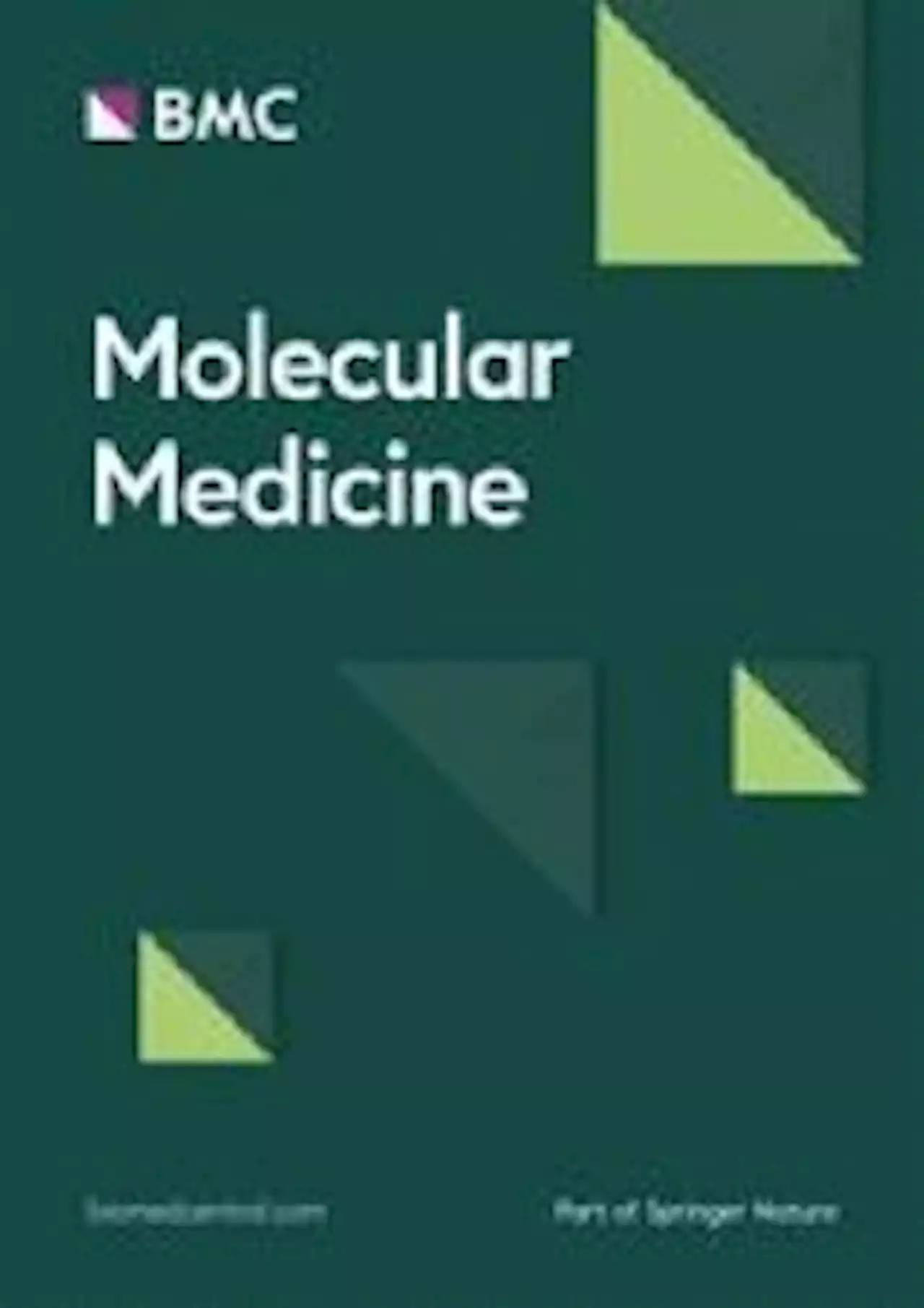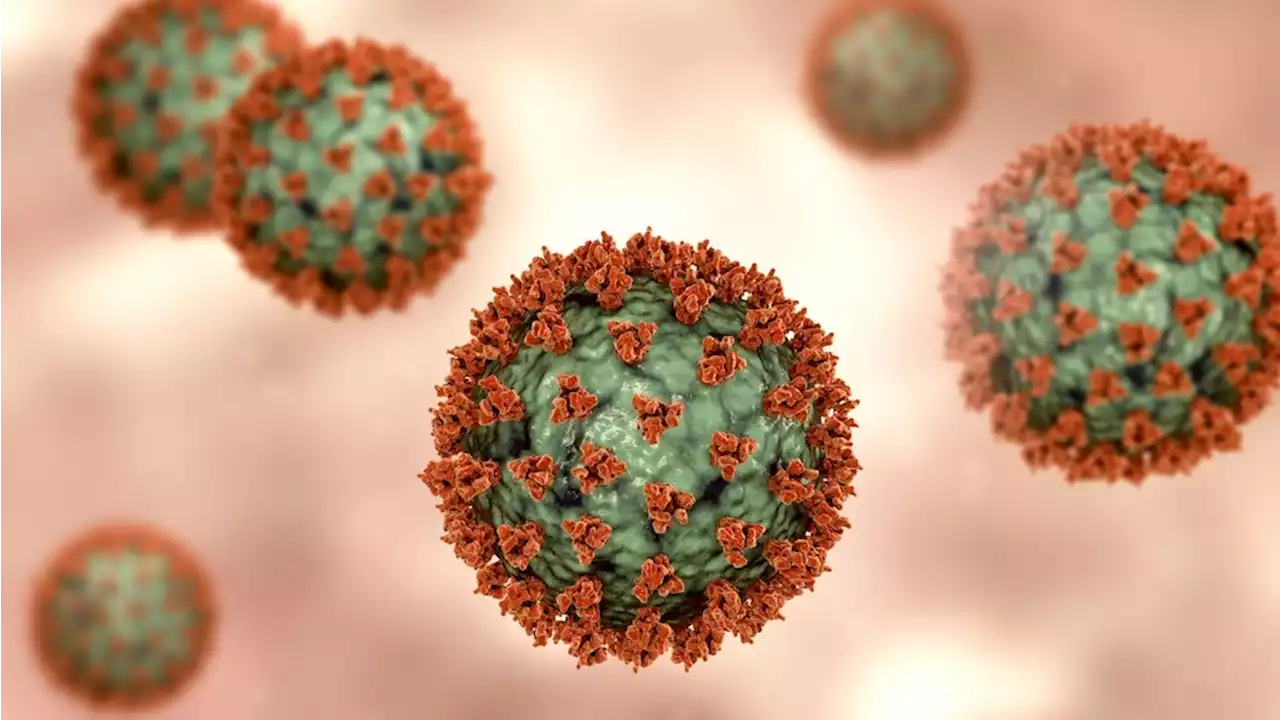Chinese study determines the real-world effectiveness of COVID-19 vaccines FrontiersIn FrontImmunol COVID19 coronavirus covid vaccine vaccination
By Dr. Priyom Bose, Ph.D.Oct 14 2022Reviewed by Benedette Cuffari, M.Sc. The outbreak of the severe acute respiratory syndrome coronavirus 2 was first reported in 2019 in Wuhan, China. The subsequent global transmission of SARS-CoV-2 ultimately led to the coronavirus disease 2019 pandemic.
The enforcement of widespread prevention measures temporarily reduced new COVID-19 cases in Xi’an to zero until January 20, 2022. Thereafter, a total of 2,050 confirmed COVID-19 cases were reported, thus making it one of the most severe outbreaks since Wuhan, China. Certain SARS-CoV-2 variants, such as Delta, are associated with reduced efficacy against available vaccines. Nevertheless, most COVID-19 vaccines are still effective in protecting immunized people against mortality, hospitalization, and severe infection.
All participants were classified as mild, moderate, and severely infected and were also grouped based on vaccination doses. All relevant laboratory data, including coagulative function tests, lymphocyte subtypes, antigen-specific immunoglobulin G and IgM levels, as well as demographic information, were obtained.
Australia Latest News, Australia Headlines
Similar News:You can also read news stories similar to this one that we have collected from other news sources.
 Elevated vascular transformation blood biomarkers in Long-COVID indicate angiogenesis as a key pathophysiological mechanism - Molecular MedicineBackground Long-COVID is characterized by prolonged, diffuse symptoms months after acute COVID-19. Accurate diagnosis and targeted therapies for Long-COVID are lacking. We investigated vascular transformation biomarkers in Long-COVID patients. Methods A case–control study utilizing Long-COVID patients, one to six months (median 98.5 days) post-infection, with multiplex immunoassay measurement of sixteen blood biomarkers of vascular transformation, including ANG-1, P-SEL, MMP-1, VE-Cad, Syn-1, Endoglin, PECAM-1, VEGF-A, ICAM-1, VLA-4, E-SEL, thrombomodulin, VEGF-R2, VEGF-R3, VCAM-1 and VEGF-D. Results Fourteen vasculature transformation blood biomarkers were significantly elevated in Long-COVID outpatients, versus acutely ill COVID-19 inpatients and healthy controls subjects (P | 0.05). A unique two biomarker profile consisting of ANG-1/P-SEL was developed with machine learning, providing a classification accuracy for Long-COVID status of 96%. Individually, ANG-1 and P-SEL had excellent sensitivity and specificity for Long-COVID status (AUC = 1.00, P | 0.0001; validated in a secondary cohort). Specific to Long-COVID, ANG-1 levels were associated with female sex and a lack of disease interventions at follow-up (P | 0.05). Conclusions Long-COVID patients suffer prolonged, diffuse symptoms and poorer health. Vascular transformation blood biomarkers were significantly elevated in Long-COVID, with angiogenesis markers (ANG-1/P-SEL) providing classification accuracy of 96%. Vascular transformation blood biomarkers hold potential for diagnostics, and modulators of angiogenesis may have therapeutic efficacy.
Elevated vascular transformation blood biomarkers in Long-COVID indicate angiogenesis as a key pathophysiological mechanism - Molecular MedicineBackground Long-COVID is characterized by prolonged, diffuse symptoms months after acute COVID-19. Accurate diagnosis and targeted therapies for Long-COVID are lacking. We investigated vascular transformation biomarkers in Long-COVID patients. Methods A case–control study utilizing Long-COVID patients, one to six months (median 98.5 days) post-infection, with multiplex immunoassay measurement of sixteen blood biomarkers of vascular transformation, including ANG-1, P-SEL, MMP-1, VE-Cad, Syn-1, Endoglin, PECAM-1, VEGF-A, ICAM-1, VLA-4, E-SEL, thrombomodulin, VEGF-R2, VEGF-R3, VCAM-1 and VEGF-D. Results Fourteen vasculature transformation blood biomarkers were significantly elevated in Long-COVID outpatients, versus acutely ill COVID-19 inpatients and healthy controls subjects (P | 0.05). A unique two biomarker profile consisting of ANG-1/P-SEL was developed with machine learning, providing a classification accuracy for Long-COVID status of 96%. Individually, ANG-1 and P-SEL had excellent sensitivity and specificity for Long-COVID status (AUC = 1.00, P | 0.0001; validated in a secondary cohort). Specific to Long-COVID, ANG-1 levels were associated with female sex and a lack of disease interventions at follow-up (P | 0.05). Conclusions Long-COVID patients suffer prolonged, diffuse symptoms and poorer health. Vascular transformation blood biomarkers were significantly elevated in Long-COVID, with angiogenesis markers (ANG-1/P-SEL) providing classification accuracy of 96%. Vascular transformation blood biomarkers hold potential for diagnostics, and modulators of angiogenesis may have therapeutic efficacy.
Read more »
 Frontiers | Myocarditis in SARS-CoV-2 infection vs. COVID-19 vaccination: A systematic review and meta-analysisBackground: To compare the incidence of myocarditis in COVID-19 vaccines and SARS-CoV-2 infection groups. Methods: Electronic databases (MEDLINE, Scopus, Cochrane Central Register of Controlled Trials, Cochrane Database of Systematic Reviews and the World Health Organization Global Literature on Coronavirus Disease) and trial registries were searched to April 2022, for randomized controlled trials and observational cohort studies reporting the risk of myocarditis associated with the COVID-19 vaccines and the risk associated with SARS-CoV-2 infection. We estimated the effect of COVID-19 infection and vaccines on rates of myocarditis by random-effects meta-analyses using the generic inverse variance method. Meta-regression analyses were conducted to assess the effect sex and age on the incidence of myocarditis. Results: We identified 22 eligible studies consisting of 55.5 million vaccinated cohort and 2.5 million in the infection cohort. Median age was 49 years (interquartile range (IQR): 38-56), and 49% (IQR: 43% to 52%) were male. Of patients diagnosed with myocarditis, 3.48 (%) were hospitalized and 0.05 (%) died. The relative risk (RR) for myocarditis was 7 times in the infection group than vaccination group (RR: 15 (95% CI: 11.09 - 19.81, infection group) and RR: 2.0 (95% CI: 1.44-2.65, vaccine group). Of patients who developed myocarditis after receiving the vaccine or having the infection, 61 (IQR: 39% -87%) were male. Meta- regression analysis indicated that male sex and young age were associated with myocarditis. A slow decline in the rates of myocarditis was observed as a function of time from vaccination. Risk of bias assessment was moderate. Conclusions: In this systematic review and meta-analysis, we found that the risk of incident myocarditis is about 7 times higher in persons who were infected with SARS-CoV-2 virus than those who received the vaccine. These findings support continued use of mRNA COVID-19 vaccines among all eligible persons aged ≥5 years
Frontiers | Myocarditis in SARS-CoV-2 infection vs. COVID-19 vaccination: A systematic review and meta-analysisBackground: To compare the incidence of myocarditis in COVID-19 vaccines and SARS-CoV-2 infection groups. Methods: Electronic databases (MEDLINE, Scopus, Cochrane Central Register of Controlled Trials, Cochrane Database of Systematic Reviews and the World Health Organization Global Literature on Coronavirus Disease) and trial registries were searched to April 2022, for randomized controlled trials and observational cohort studies reporting the risk of myocarditis associated with the COVID-19 vaccines and the risk associated with SARS-CoV-2 infection. We estimated the effect of COVID-19 infection and vaccines on rates of myocarditis by random-effects meta-analyses using the generic inverse variance method. Meta-regression analyses were conducted to assess the effect sex and age on the incidence of myocarditis. Results: We identified 22 eligible studies consisting of 55.5 million vaccinated cohort and 2.5 million in the infection cohort. Median age was 49 years (interquartile range (IQR): 38-56), and 49% (IQR: 43% to 52%) were male. Of patients diagnosed with myocarditis, 3.48 (%) were hospitalized and 0.05 (%) died. The relative risk (RR) for myocarditis was 7 times in the infection group than vaccination group (RR: 15 (95% CI: 11.09 - 19.81, infection group) and RR: 2.0 (95% CI: 1.44-2.65, vaccine group). Of patients who developed myocarditis after receiving the vaccine or having the infection, 61 (IQR: 39% -87%) were male. Meta- regression analysis indicated that male sex and young age were associated with myocarditis. A slow decline in the rates of myocarditis was observed as a function of time from vaccination. Risk of bias assessment was moderate. Conclusions: In this systematic review and meta-analysis, we found that the risk of incident myocarditis is about 7 times higher in persons who were infected with SARS-CoV-2 virus than those who received the vaccine. These findings support continued use of mRNA COVID-19 vaccines among all eligible persons aged ≥5 years
Read more »
 What is the real-world efficacy of oral antivirals against the SARS-CoV-2 Omicron variant?A new review commented on a previous study regarding the real-world effectiveness of oral antivirals against the severe acute respiratory syndrome coronavirus 2 (SARS-CoV-2) Omicron variant.
What is the real-world efficacy of oral antivirals against the SARS-CoV-2 Omicron variant?A new review commented on a previous study regarding the real-world effectiveness of oral antivirals against the severe acute respiratory syndrome coronavirus 2 (SARS-CoV-2) Omicron variant.
Read more »
 The ability of antiviral formulation ViruSAL to inhibit SARS-CoV-2 infectivityResearchers from Ireland used human bronchial epithelium models to evaluate the ability of a novel proprietary formulation called ViruSAL to inhibit SARS-CoV-2 infections.
The ability of antiviral formulation ViruSAL to inhibit SARS-CoV-2 infectivityResearchers from Ireland used human bronchial epithelium models to evaluate the ability of a novel proprietary formulation called ViruSAL to inhibit SARS-CoV-2 infections.
Read more »
 What is the association of masking behavior with SARS-CoV-2 infection?What is the association of masking behavior with SARS-CoV-2 infection? GWtweets SARSCoV2 COVID19 Masking Mask FaceMasks
What is the association of masking behavior with SARS-CoV-2 infection?What is the association of masking behavior with SARS-CoV-2 infection? GWtweets SARSCoV2 COVID19 Masking Mask FaceMasks
Read more »
 Motif-based SARS-CoV-2 protein-human protein interactions as potential antiviral target sitesResearchers performed a ProP-PD (proteomic peptide phage display) analysis to identify peptides from intrinsically disordered human (host) proteome regions that bind with SARS-CoV-2 genome-encoded folded protein domains (PDs).
Motif-based SARS-CoV-2 protein-human protein interactions as potential antiviral target sitesResearchers performed a ProP-PD (proteomic peptide phage display) analysis to identify peptides from intrinsically disordered human (host) proteome regions that bind with SARS-CoV-2 genome-encoded folded protein domains (PDs).
Read more »
